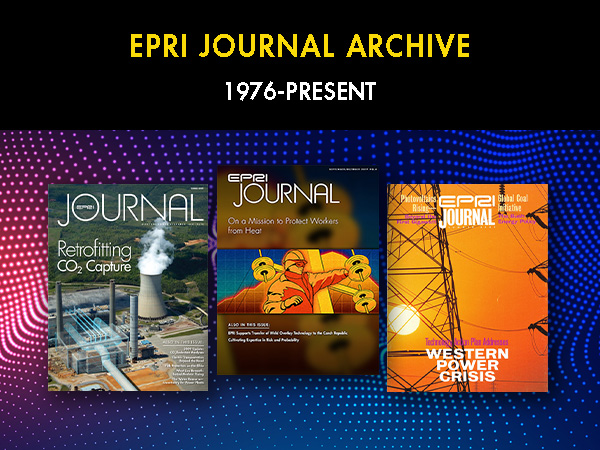Electricity Demand from Bitcoin Miners: Gigawatts or Not?

There is significant uncertainty in quantifying energy use by bitcoin mining, according to an EPRI Quick Insights paper.
Bitcoin digital currency is released into circulation through “mining.” As with other digital currencies, bitcoin is backed by blockchain technology, which uses cryptography to verify transactions and add them to the public record. To do this, a “miner” must solve a complex mathematical puzzle, which requires powerful computer hardware and significant electricity consumption. Successful miners receive a financial reward. As the value of bitcoin has skyrocketed since late 2017, so has the number of miners—and the difficulty of the puzzles.
Absent a central bitcoin authority, it’s difficult to determine miners’ aggregate electricity consumption. Digital currency researcher Marc Bevand estimates global demand at 1 to 3 gigawatts, less than 0.1% of global generating capacity. Predicting long-term demand growth is difficult given bitcoin’s price volatility and continual changes in mining hardware.
According to the Cambridge Centre for Alternative Finance, most mining operations have been in China. However, recent reports indicate expanding operations in parts of North America that have low electricity prices. In considering the potential for stranded grid assets, utilities engaged in long-term planning have grappled with how to accommodate the industry.
“With so much uncertainty in the longevity of this market, utilities may best consider these customers cautiously,” the report says. “Yet given the high load factor of these facilities, some utilities might consider them very attractive customers, if only for a limited time.”
EPRI Testifies in Washington on Blockchain
On August 21, EPRI Technology Innovation Program Manager Tom Golden testified in front of the U.S. Senate Energy and Natural Resources Committee on the energy efficiency of blockchain and the cyber security implications of blockchain for energy industry applications. Golden pointed to EPRI’s Utility Blockchain Interest Group, which provides blockchain information to nearly 40 energy companies. He also discussed EPRI’s work to develop a blockchain-based energy market simulator.
Key EPRI Technical Experts:
Micah Sweeney, Gerald Gray
For more information, contact techexpert@eprijournal.com.
Artwork by James Provost

